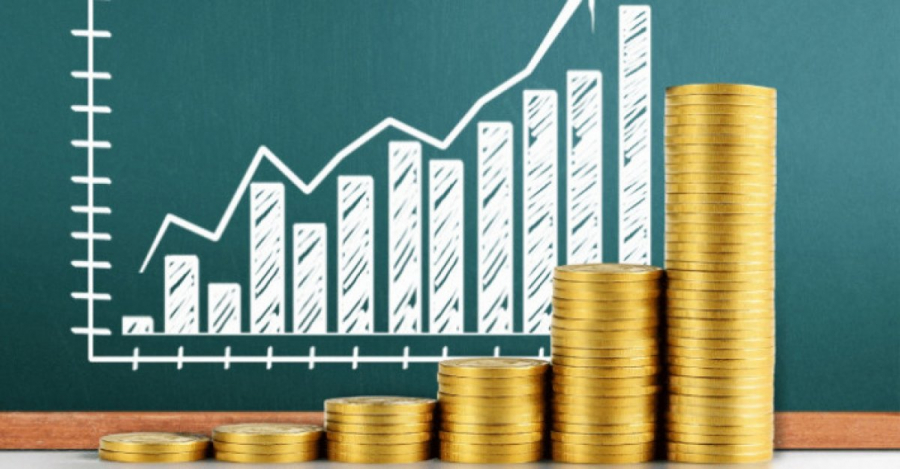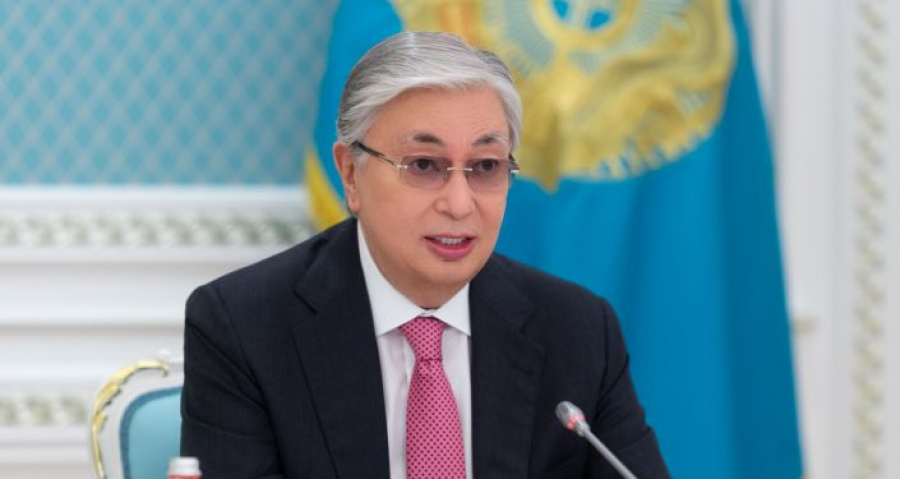
With a firm commitment
to the global climate agenda, Kazakhstan has set an ambitious goal to achieve
carbon neutrality by 2060, President Kassym-Jomart Tokayev said during the World
Leaders Climate Action Summit at the 29th Conference of the Parties of the UN
Framework Convention on Climate Change. He was the first speaker at the plenary
session and immediately emphasized the importance of unified global efforts in
the fight against climate change and access to predictable financing and modern
technologies. At the same time, special attention should be paid to the regions
most vulnerable to climate change, including landlocked developing countries.
«Despite accounting
for only one percent of global emissions, Central Asia faces multiple climate
risks. To enhance our climate response, we must now leverage technologies such
as artificial intelligence, satellite monitoring, and other digital tools for early
warning and better water and land management,» President Tokayev noted.
The intensity of
climate change on the planet is a cause for concern. The global water cycle is
already experiencing an unprecedented impact, and it is linked to more than 80
percent of all recent natural disasters. Kazakhstan has also faced flooding this
year, Tokayev reminded, noting that the country is now implementing a
comprehensive risk management system.
«This December, we are
partnering with France to host the One Water Summit to drive the momentum on
water agenda. This Summit will address issues in global water governance. The
Caspian Sea is in danger. Saving the biggest lake in the world is a matter of
common concern that requires long-term international cooperation. We support
the initiative of President Aliyev to establish a group of experts from the
Capsian states. Kazakhstan is intensifying its activities to preserve the Aral
Sea,» the Head of State added.
Reducing humanity’s
carbon footprint is essential, and a shift to sustainable agriculture can help
with this. As the owner of 200 million hectares of agricultural land,
Kazakhstan holds considerable potential, Tokayev emphasized, which makes it an
ideal platform for introducing carbon farming practices that lower gas emissions
and improve soil quality. He invited all interested stakeholders to explore
Kazakhstan’s agricultural potential, adding that the country’s significant role
extends into low-carbon energy, supplying 43% of uranium to the world market.









